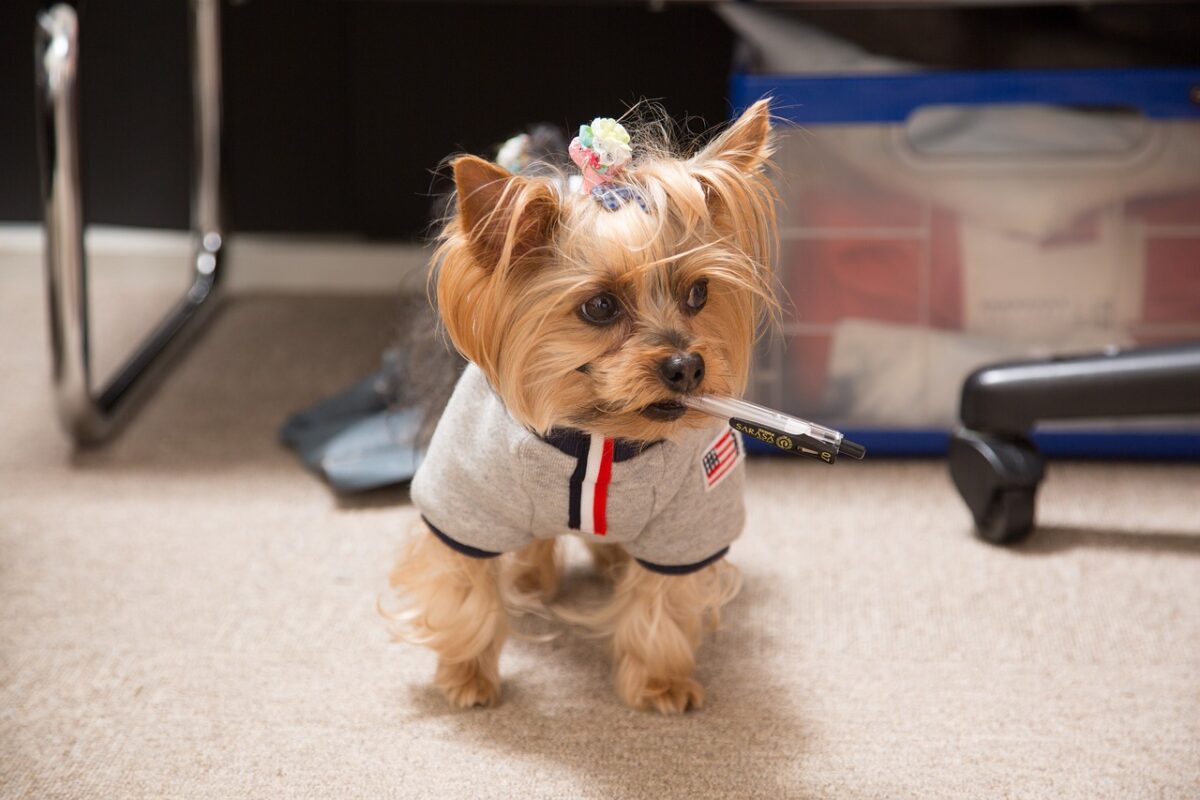 Shutterstock
Shutterstock
Some dogs wake up full of excitement, while others react with protest the moment you pick up your keys. These sensitive companions seem to sense that your departure signals a long stretch of solitude and respond with feeling. Dramatic whining, playful mischief, and quiet sulking turn leaving for work into a full emotional performance that cannot be ignored. Every glance, sigh, or paw pressed against the door sends a clear message: “Do not leave me alone, or I will make sure you feel my displeasure immediately.”
Shih Tzu
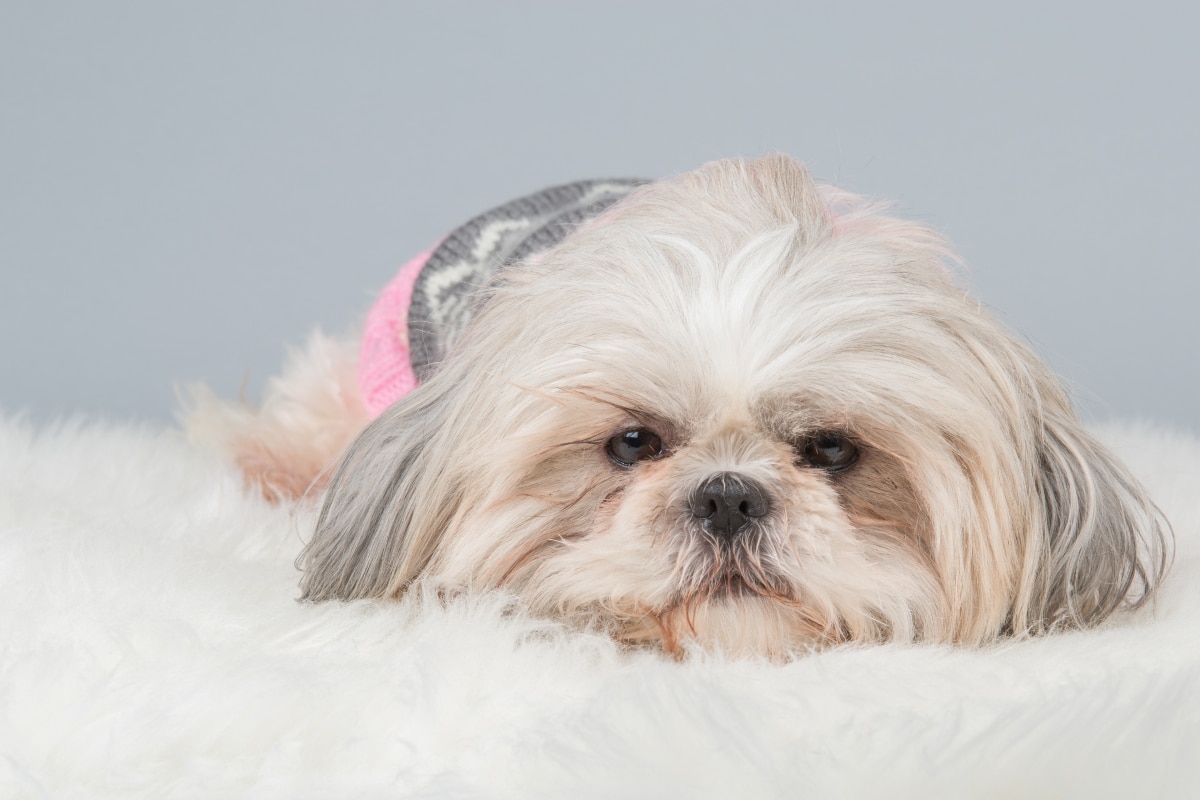 Shutterstock
Shutterstock
Shih Tzus are small but mighty in their emotional responses. When left alone, they may whine, follow you from room to room, or hide in plain sight to show disapproval. Their strong attachment to humans makes them highly sensitive to departures, transforming a simple goodbye into a mini meltdown. Living with a Shih Tzu means your leaving for work is never unnoticed, and their adorable, dramatics ensure you feel guilty the entire commute.
French Bulldog
 Shutterstock
Shutterstock
French Bulldogs are affectionate and thrive on attention, making separation a trigger for tantrums. They may huff, groan, or pace as if issuing a formal complaint about your leaving. Their stubborn streak ensures that being alone is never taken lightly, and you might return to find their favorite toys strategically relocated. French Bulldogs turn absence into a performance, expressing displeasure with hilarious determination and heart.
Pomeranian
 Shutterstock
Shutterstock
Pomeranians are energetic and emotionally expressive, often responding to your leaving with vocal protests. They may bark at the door, perform mini dances of frustration, or stare with wide eyes that scream disapproval. Their tiny size does not diminish the intensity of their feelings, and you quickly learn that every exit is dramatic. With a Pomeranian, even a short trip to work is treated like a major event.
Miniature Schnauzer
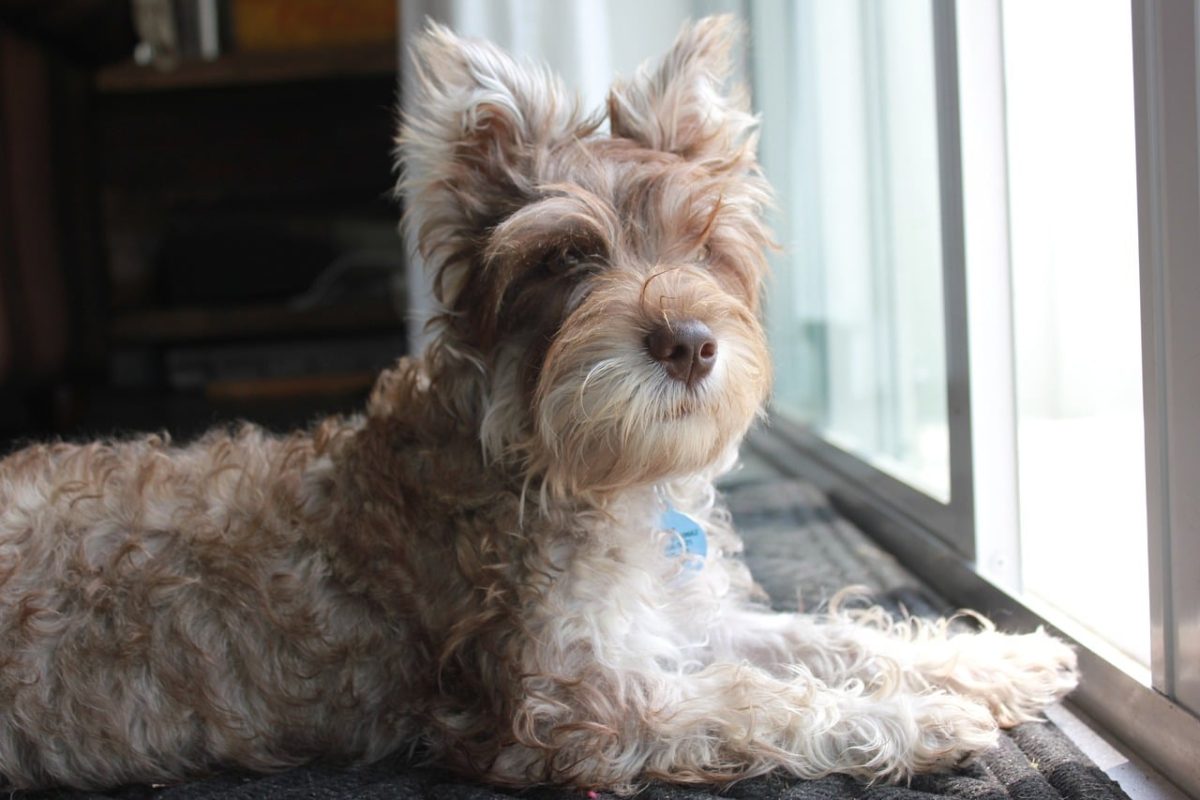 Shutterstock
Shutterstock
Miniature Schnauzers are alert, intelligent, and sometimes theatrical when left alone. Their separation anxiety may show as barking, pacing, or mischievous rearrangement of household items. They notice patterns and routines, so departures become predictable triggers for displays of protest. Their expressive eyebrows and intense gaze make it impossible to ignore their emotional distress.
Beagle
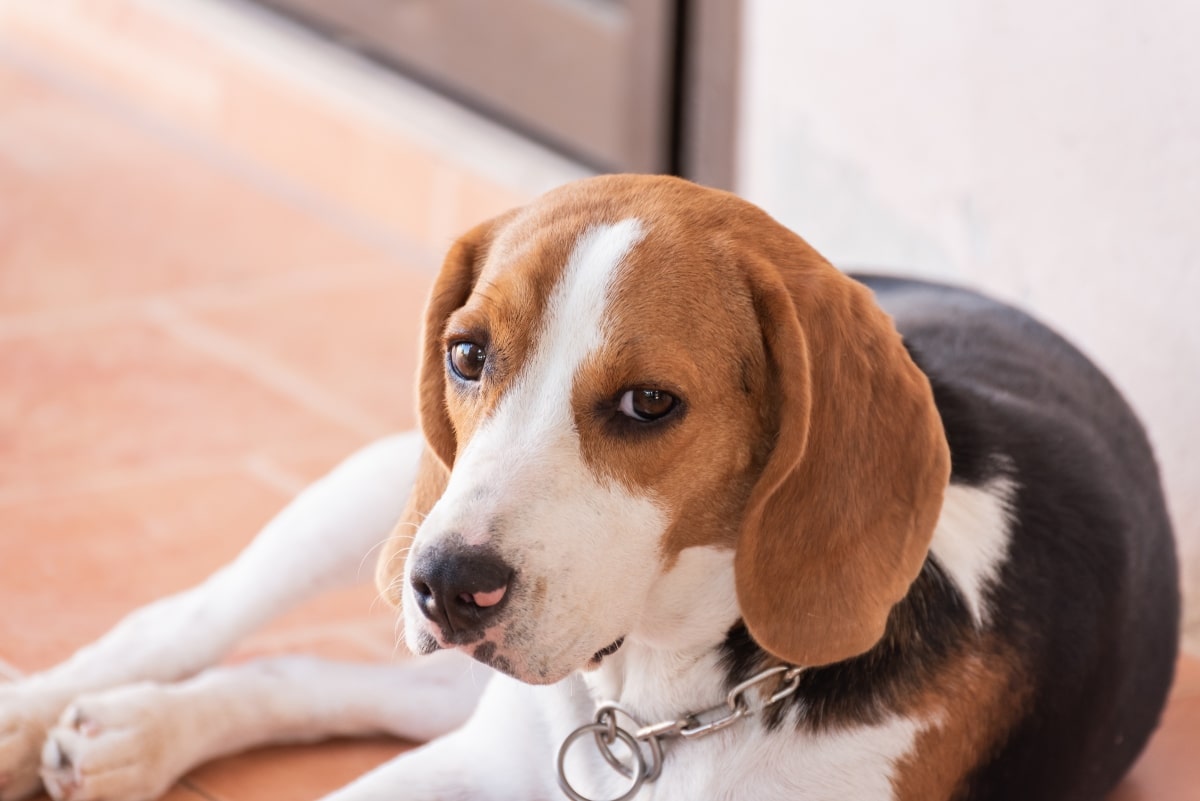 Shutterstock
Shutterstock
Beagles are social and deeply attached to their families, making separation particularly tough. When you leave for work, expect howls or persistent attempts to follow you. Their cleverness allows them to find creative ways to express displeasure, from nudging doors to digging in protest. A Beagle ensures your absence is felt, combining mischief with undeniable charm.
Pug
 Shutterstock
Shutterstock
Pugs are comical, loyal, and sensitive to disruptions in their routine. When you leave, they may huff dramatically, plop themselves on your shoes, or engage in silent but expressive sulking. Their devotion turns every exit into a personal affront, making your return an eagerly awaited reunion. Pugs excel at combining humor with heart in their workday tantrums.
Boston Terrier
 MidJourney
MidJourney
Boston Terriers thrive on companionship and routine, making them prone to dramatic reactions when alone. They may vocalize with squeaky yips, paw at the door, or watch intently until you return. Their playful personality makes their protests entertaining but sincere. Boston Terriers turn absence into attention-demanding performances, ensuring you know their feelings clearly.
Shetland Sheepdog
 Shutterstock
Shutterstock
Shetland Sheepdogs are intelligent, loyal, and emotionally sensitive. Their herding instincts sometimes extend to human family members, leading them to “manage” your movements even when you leave for work. You may return to find toys moved or subtle signs of protest around the house. Their clever and affectionate nature makes them masters of dramatic goodbyes.
Yorkshire Terrier
 Shutterstock
Shutterstock
Yorkshire Terriers are tiny dogs with large personalities and a flair for melodrama. Leaving them alone can trigger barking, pacing, or continuous gaze tracking. Their devotion makes them sensitive to absence, and they often escalate their emotions into entertaining displays of protest. A Yorkie ensures you feel the impact of every departure through heart and humor.
Maltese
 Shutterstock
Shutterstock
Maltese dogs are affectionate, gentle, and prone to separation anxiety. When you leave, they may hide in cozy spots, whine softly, or follow you around with pleading eyes. Their sensitivity to human presence makes goodbyes dramatic but endearing. Living with a Maltese means your leaving is never uneventful, and their emotional reactions bring warmth to even routine departures.
Havanese
 Shutterstock
Shutterstock
Havanese dogs crave human interaction and are quick to show displeasure when left alone. They may whine, bark, or follow you from room to room, displaying dramatic signs of separation anxiety. Their affectionate nature ensures they notice your absence keenly, often expressing their feelings in creative ways. With a Havanese, departures become a mini event, and their expressive reactions are impossible to ignore.
The Daily Drama Of Departures
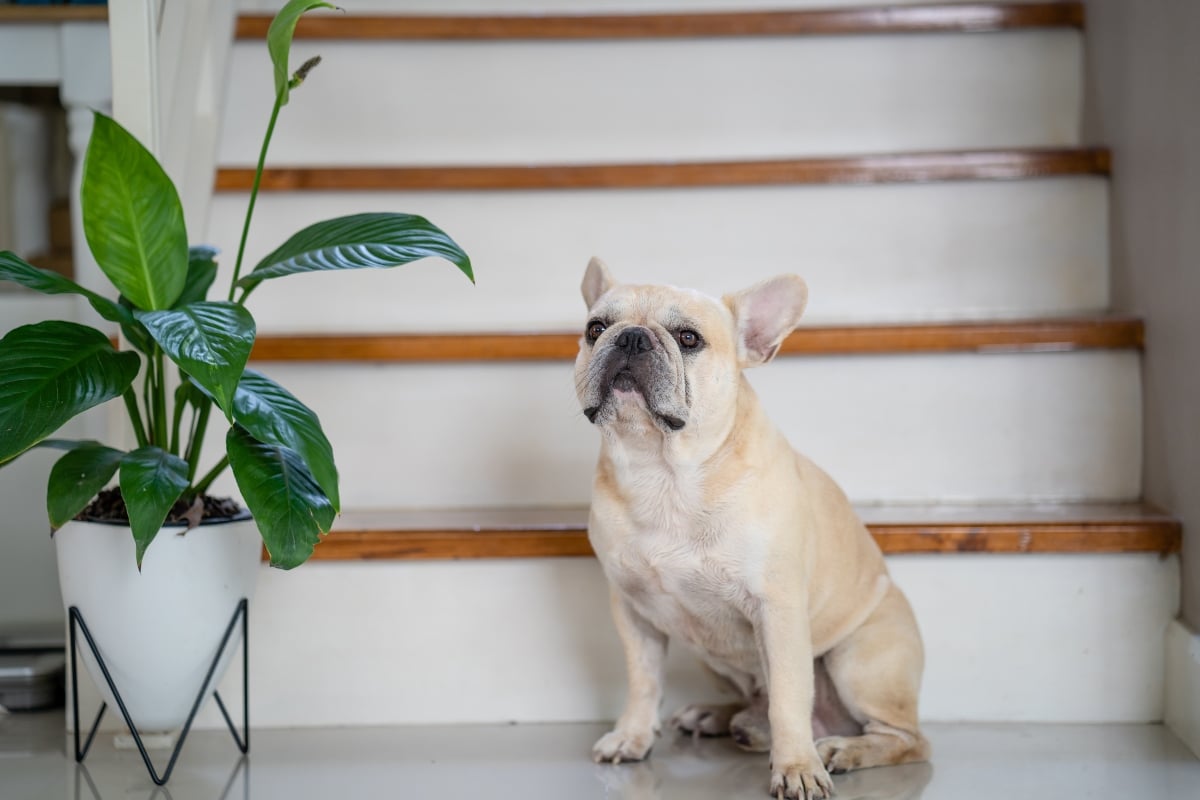 Shutterstock
Shutterstock
Leaving for work may seem ordinary to you, but for these dogs, it is a full production. They turn doors, shoes, and empty spaces into stages for emotional displays ranging from whining to mischief. Their attachment and intelligence mean they experience your absence deeply, often making their protest both entertaining and heartfelt. These breeds show us that even simple departures can be an event filled with love, humor, and occasional chaos, ensuring your return is met with excitement and relief every single day.

 4 weeks ago
22
4 weeks ago
22




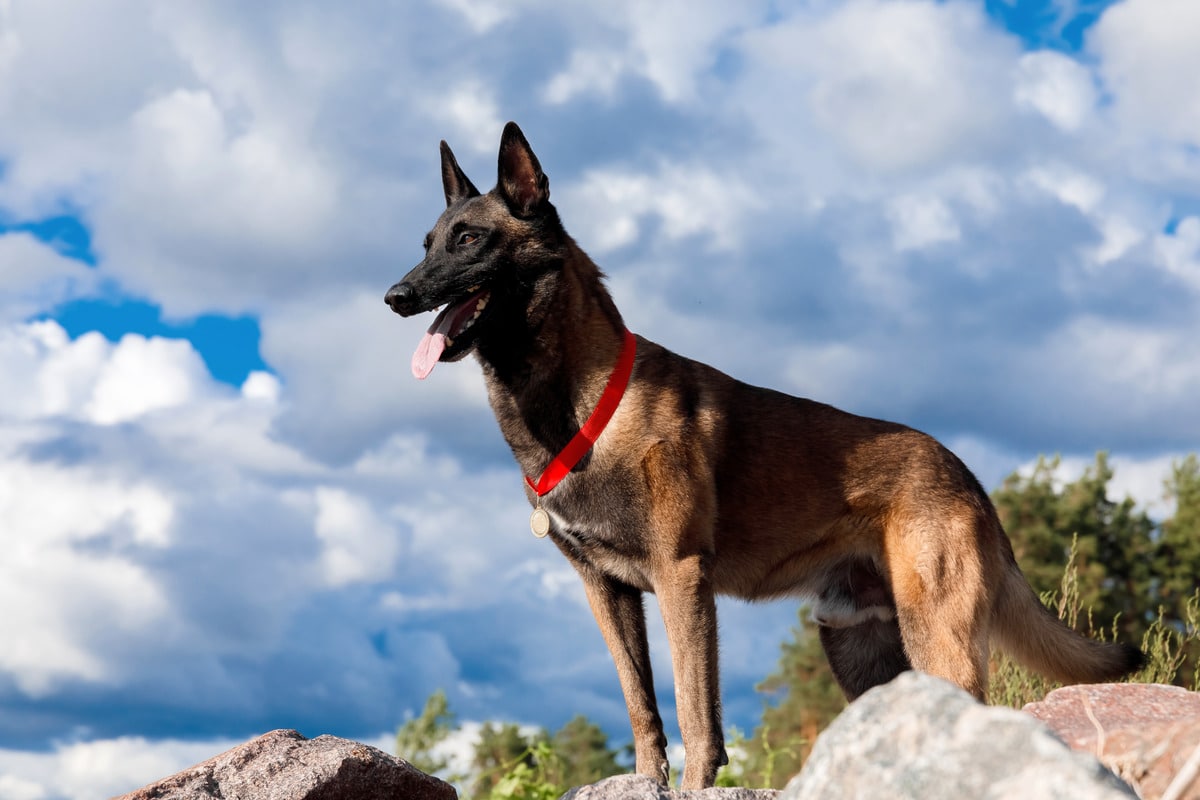
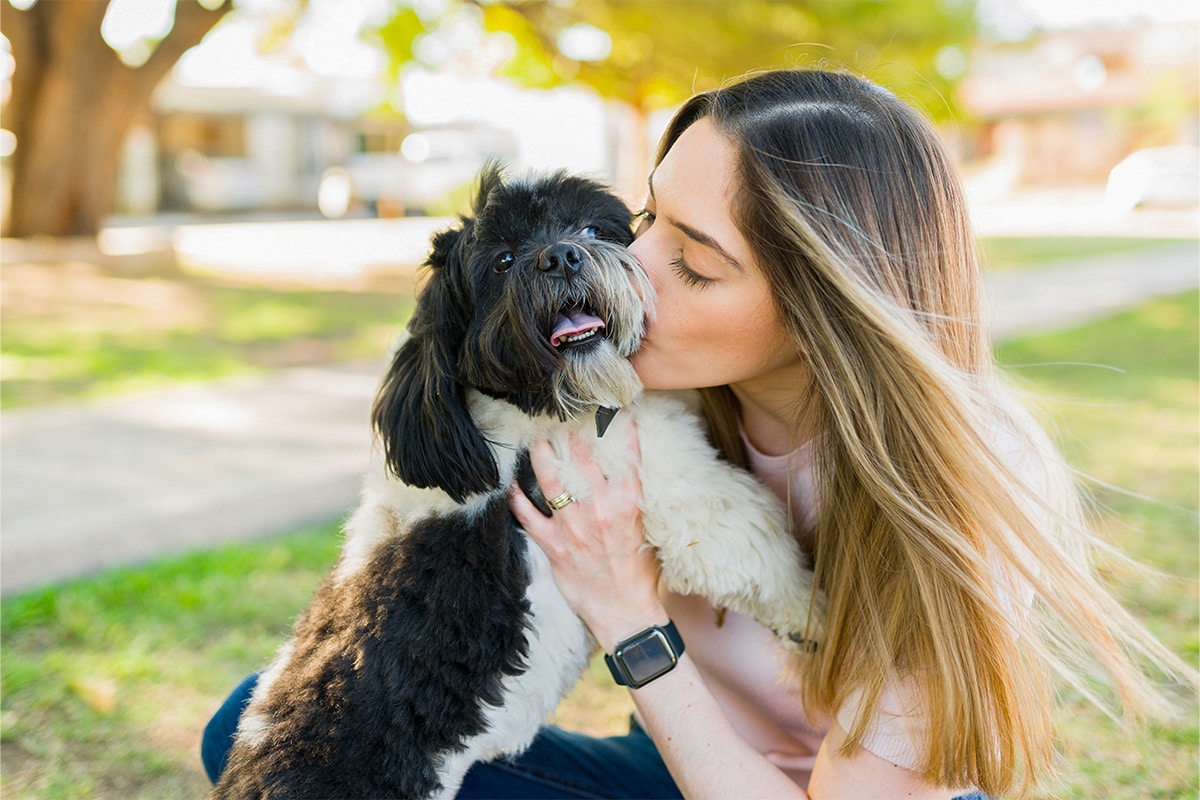
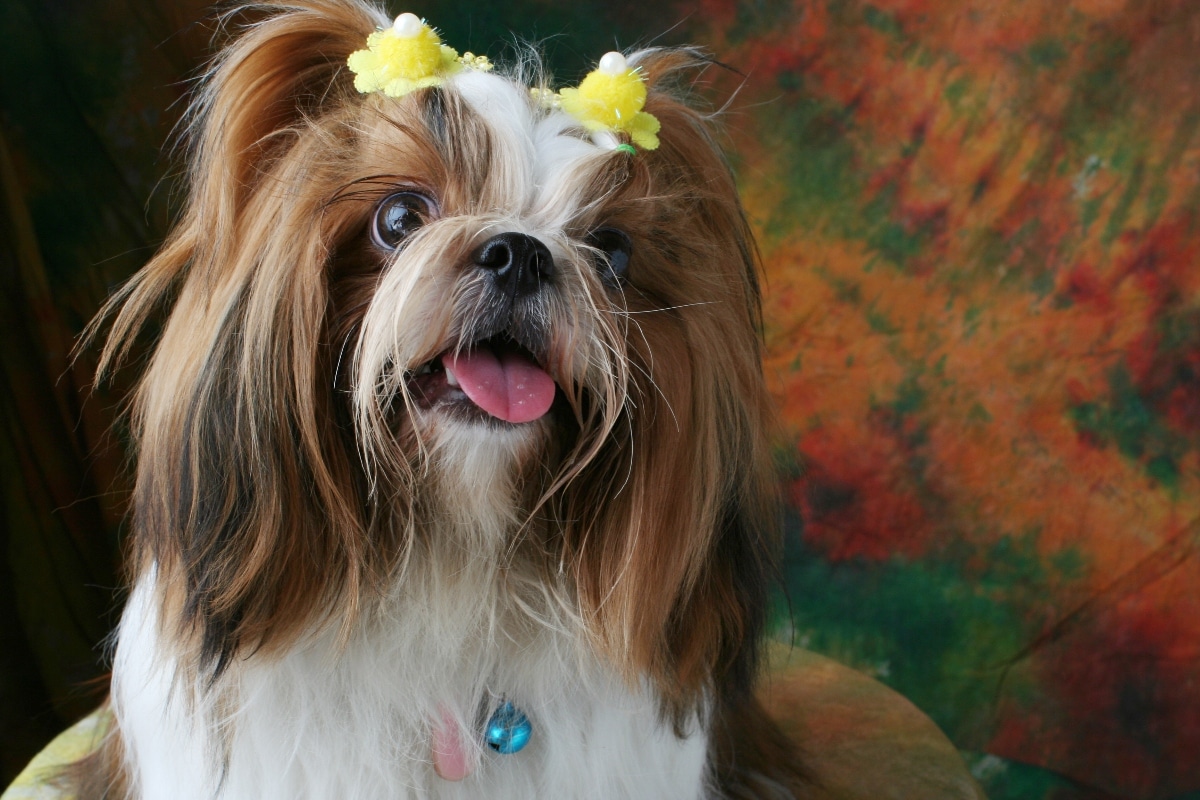
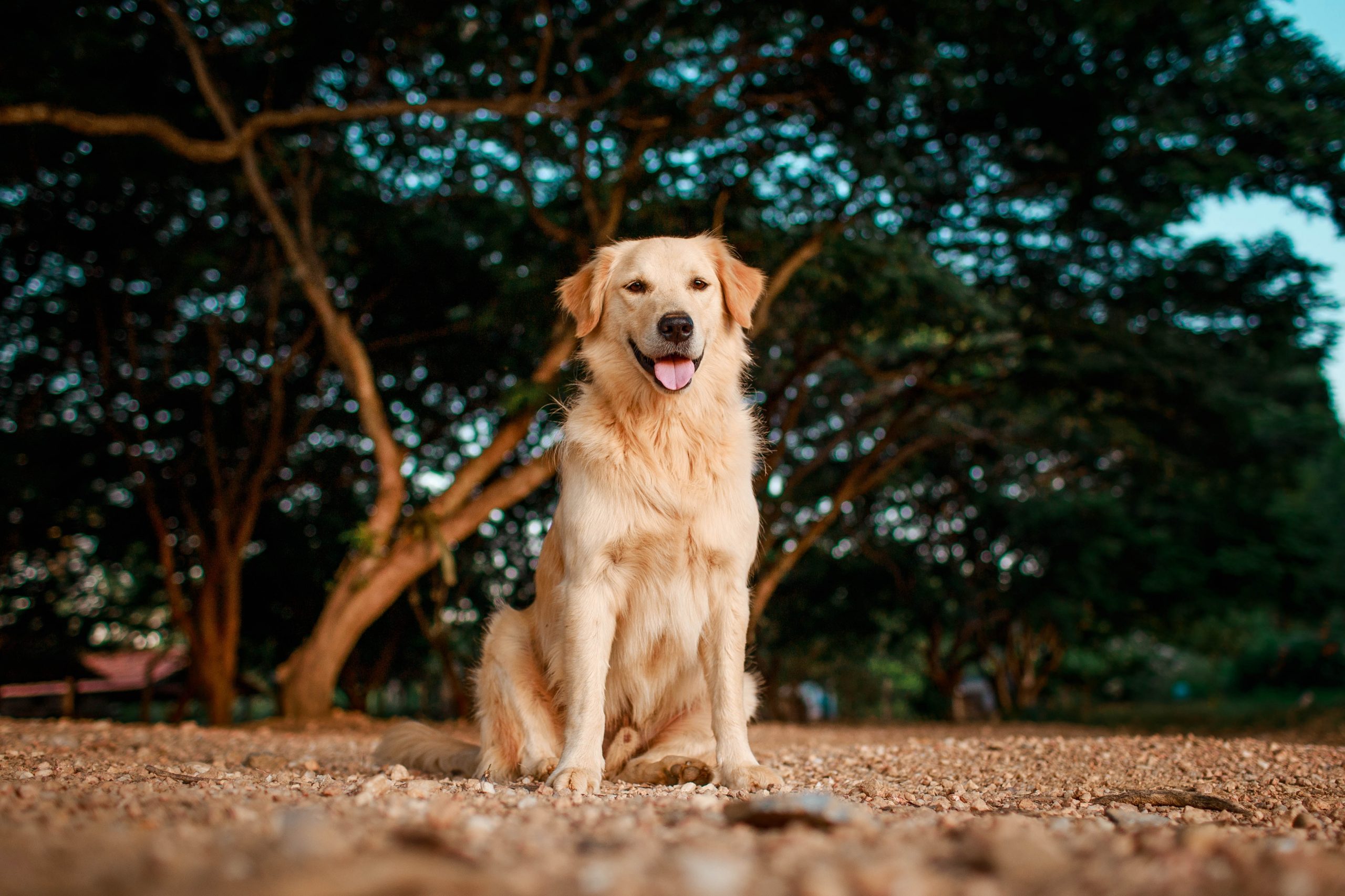

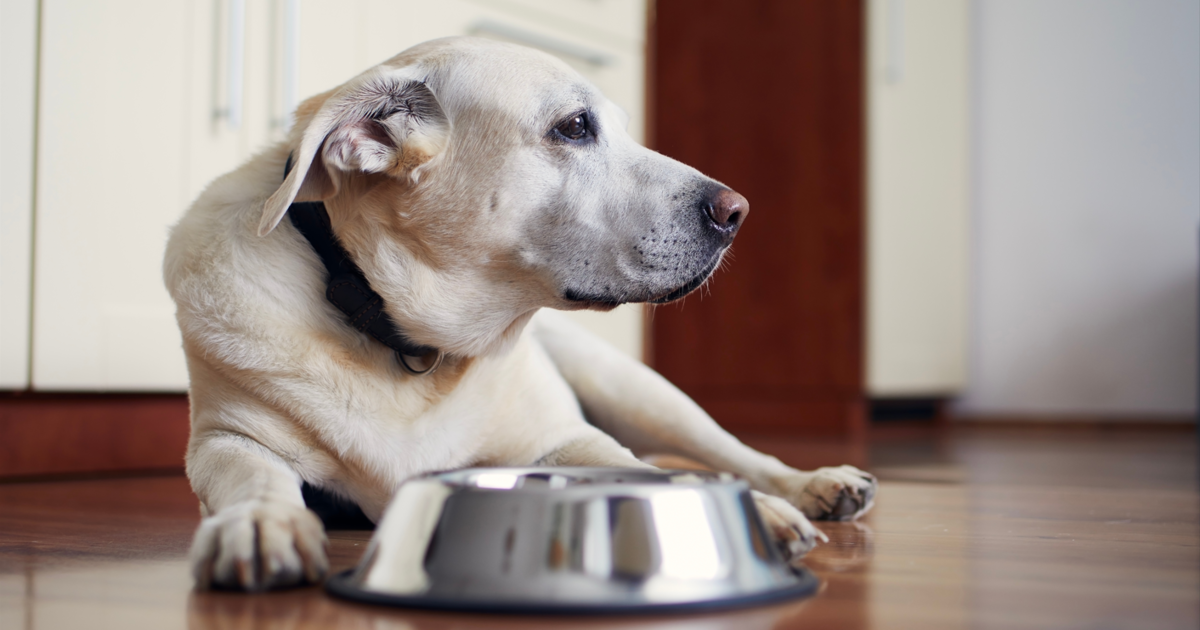
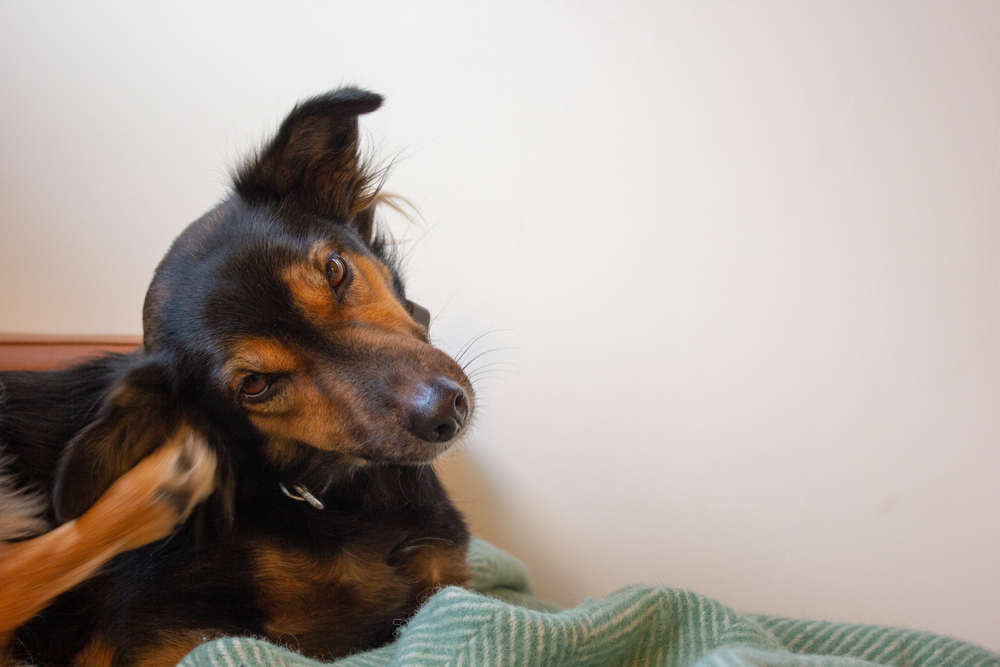
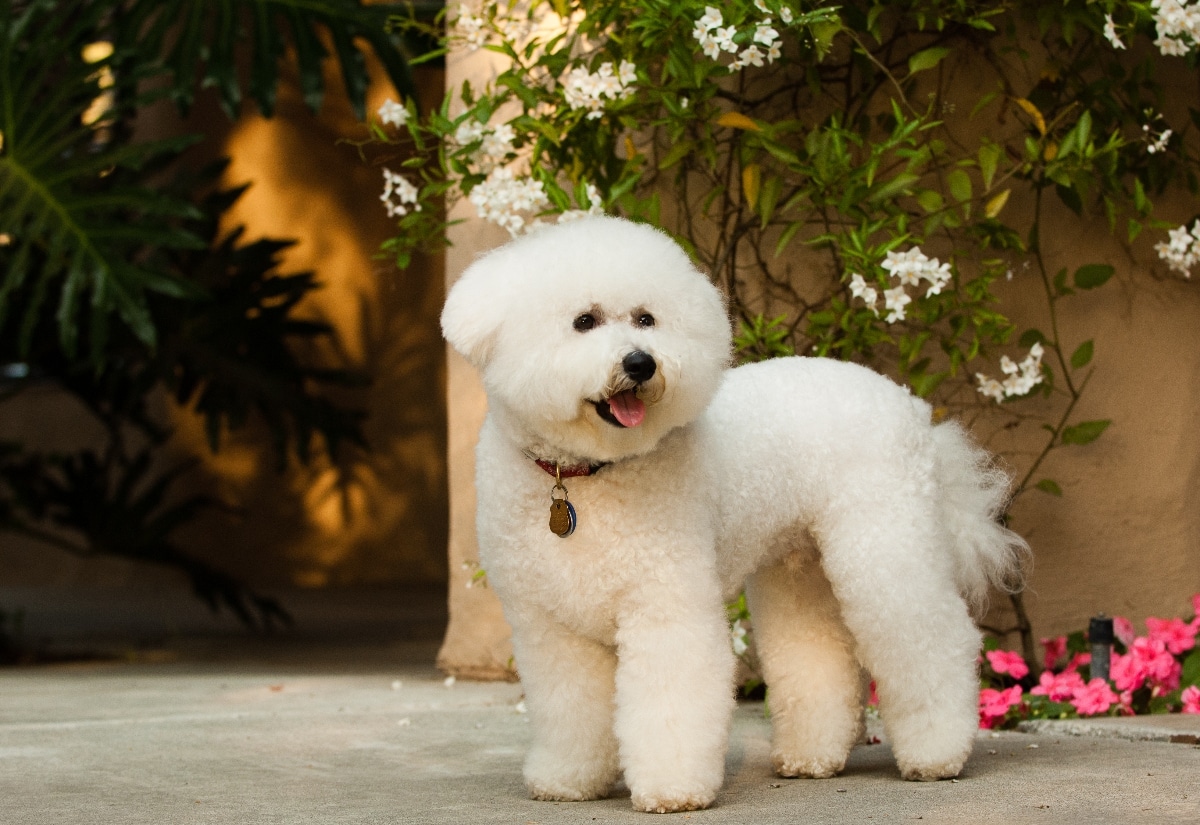

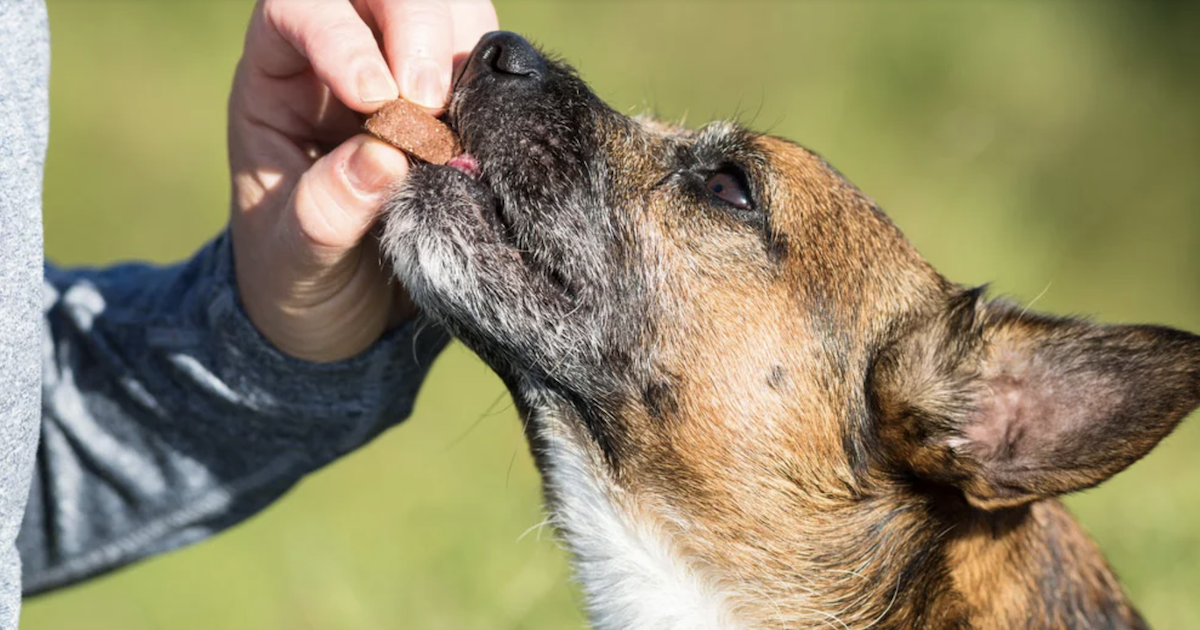
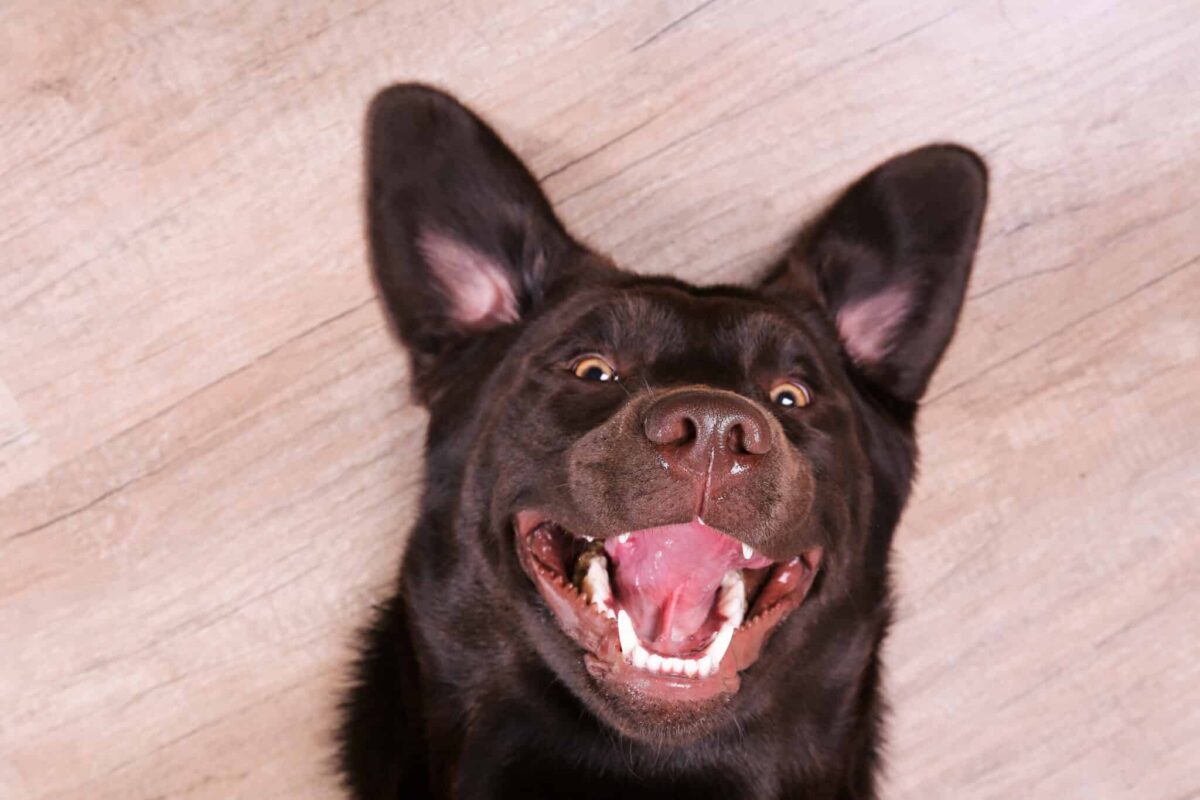


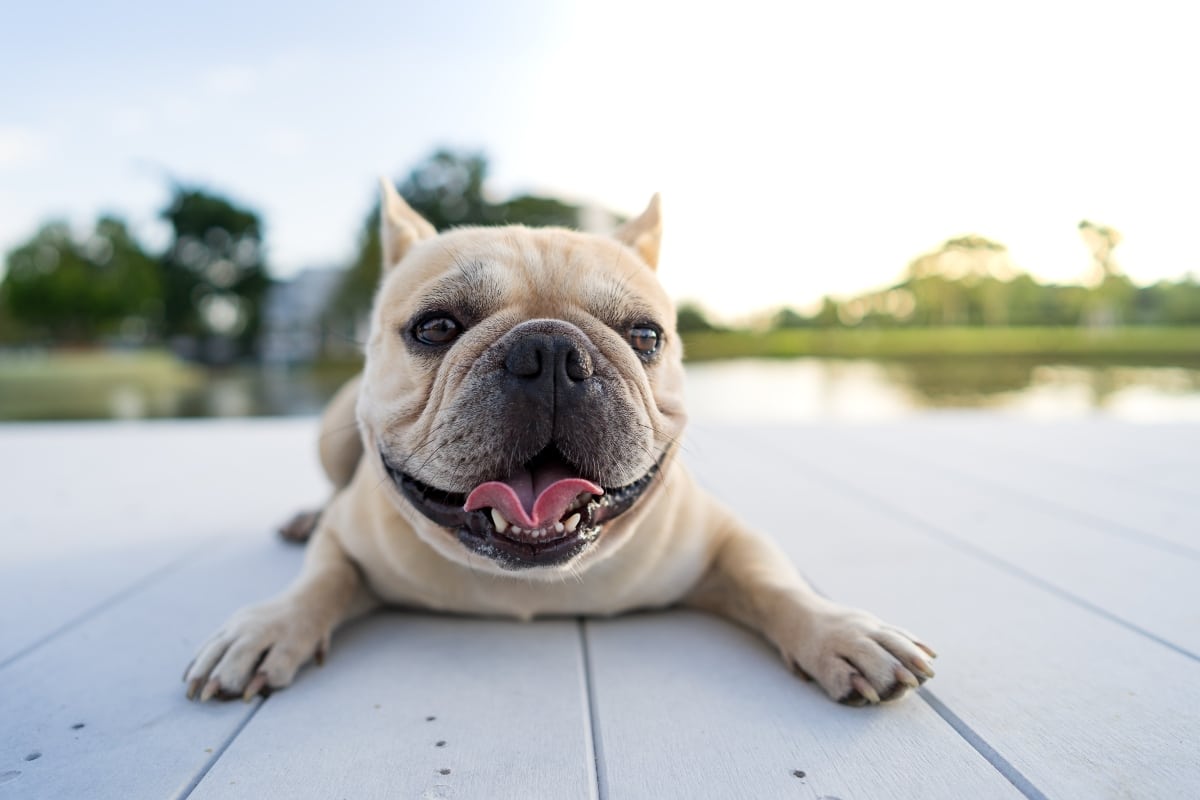
 English (US) ·
English (US) ·